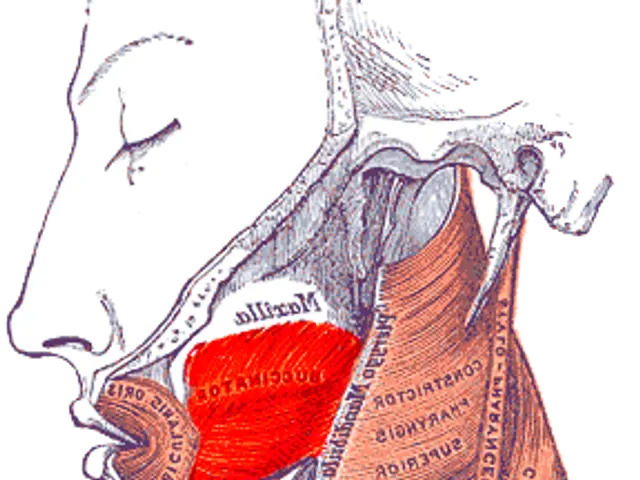Physiological Changes Triggered by Smoking Cessation
Stopping Smoking: A Comprehensive Guide to the Health Benefits
Quitting smoking is a transformative decision that not only improves your overall health but also extends your lifespan. Here's a detailed look at the physiological changes your body experiences when you abandon cigarettes, as explained by pulmonologist Dr. Humberto Choi.
Immediate Advantages
The process of healing begins swiftly. Just 20 minutes after your last cigarette, your blood pressure begins to decrease, and your heart rate normalizes. This is because smoking causes an instantaneous increase in blood pressure and heart rate, straining your cardiovascular system. As you abstain from smoking, this strain alleviates, providing essential relief.
Short-Term Benefits
Within 12 hours of quitting, carbon monoxide levels in your blood return to normal. Carbon monoxide, a harmful byproduct of cigarette smoke, can cause a variety of health issues, including cardiovascular problems. As carbon monoxide levels decrease, your bodily functions improve.
Within two days of quitting, nerve endings begin the healing process. This repair work not only enhances your sense of taste and smell but also plays a role in restoring the sense of ageusia, or the loss of taste. Within three days, bronchial tubes start to relax, making breathing easier, and energy levels may increase.
Medium-Term Advantages
Within two weeks post-quitting, your lungs commence their healing process, and breath capacity improves. Within one month, the risk of heart attacks decreases significantly, as lung function and blood circulation improve.
Long-Term Improvements
Approximately three to nine months after quitting, lung function increases by about 10%, reducing coughing and wheezing. After one year, the risk of heart attack and coronary heart disease is halved compared to smokers.
After five years without a cigarette, the risk of cervical cancer and stroke returns to that of non-smokers. Even more impressive, after ten years of abstinence, the risk of lung cancer and various other cancers significantly decreases. These risks continue to drop over time.
One interesting benefit of quitting smoking is the improvement in erectile dysfunction. Enhancements can begin within weeks of quitting and continue over several months.
Quitting smoking is a journey, and while it may be tough, the rewards are significant. Dr. Choi advises creating a quit plan, building a support system, and considering discussing a smoking cessation program with your healthcare provider or utilizing online resources to help you succeed. Remember that most people who smoke attempt to quit multiple times, but don't give up—it's never too late to quit!
The journey towards quitting smoking offers numerous benefits, such as improved education about the harmful effects of smoking on various aspects of health and wellness. For instance, within 20 minutes of your last cigarette, a marked drop in blood pressure and normalization of heart rate occurs, demonstrating the immediate impact on cardiovascular health.
Soon after, a significant reduction in carbon monoxide levels in the blood is observed, thereby enhancing overall health and bodily functions, particularly cardiovascular function. Within a few days, nerve endings heal, restoring the senses of taste and smell, and easing breathing.
Medium-term advantages include improved lung function and reduced risk of heart attacks, attainable just two weeks after quitting smoking. In addition, workplace-wellness can be enhanced, as the risk of numerous health issues, such as erectile dysfunction, decreases, making workers more productive and healthier.
Long-term improvements are particularly impressive, with halved risks of heart attack, coronary heart disease, cervical cancer, and stroke after one year of abstinence. Moreover, the risks of lung cancer and various other cancers decimate after five years without smoking, further emphasizing the significance of maintaining skin-care and nutrition for sustained health benefits.
Lastly, it's essential to educate oneself on the importance of nutrition, fitness-and-exercise, and mental-health during this journey, to support overall health and wellness. A smoking cessation program can be an invaluable resource in this context, providing comprehensive guidance on quitting smoking effectively and managing health-and-wellness throughout the process.







